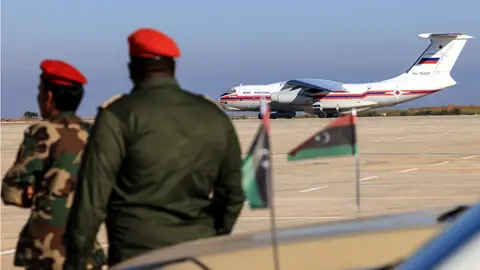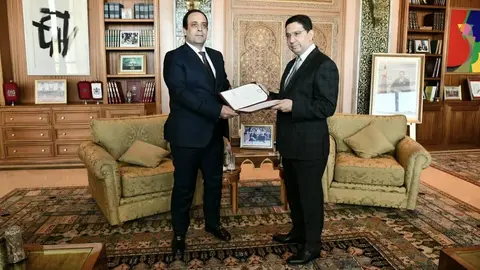Morocco stresses the importance of the UN in legitimising any peace process in Libya
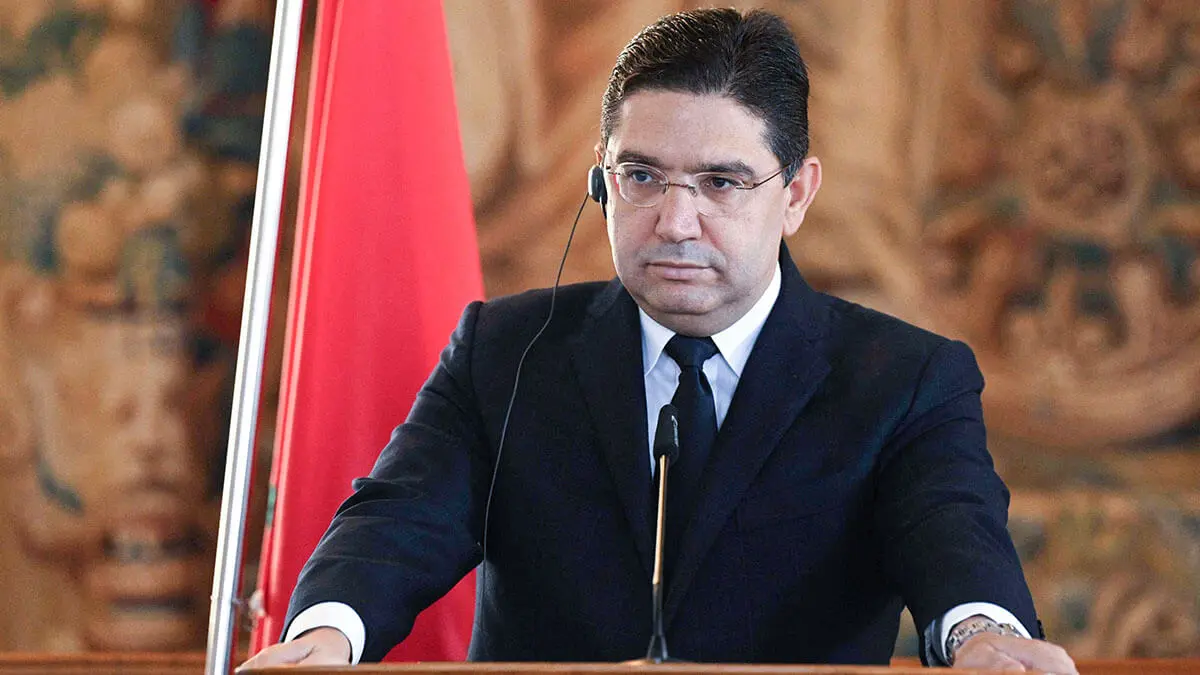
Morocco begins preparations for the tripartite summit on Libya to be held this month. Foreign Minister Nasser Bourita has already met with Stephanie Khoury, the UN special envoy for Libya, to reiterate the need for the UN to legitimise any peace process.
Rabat has always advocated direct UN oversight and involvement in all diplomatic efforts related to Libya that could bring political stability after years of war, conflict and division.
Once again, Bourita has stressed the need for UN involvement to legitimise any peace process.
In Rabat today, I met with Foreign Minister Nasser Bourita to discuss advancing #Libya's political process towards elections. We emphasized the crucial role of regional actors in supporting @UNSMILibya efforts. I commended Morocco's past facilitation of Libyan agreements. pic.twitter.com/zmNoPzOi5n
— Stephanie Koury (@stephaniekoury1) July 8, 2024
This position has been clear since the inter-libyan dialogue in Skhirat, where Morocco worked closely with the UN, as well as in subsequent meetings in Bouznika and elsewhere.
The meeting between Bourita and Khoury is part of the working visit of the special envoy for Libya with the aim of strengthening coordination and dialogue between Morocco and the UN, reflecting the high directives of King Mohammed VI.

During the meeting, the head of Moroccan diplomacy stressed that Morocco's actions regarding Libya are always carried out in consultation with the UN, recognising its role as the main sponsor of the Libyan peace process. Moreover, this approach is based on the strong historical ties that exist between the Moroccan and Libyan peoples.
Bourita also conveyed to Khoury that the current conditions in Libya are conducive to progress in the peace process, stressing in this regard that, for Morocco, the solution to the Libyan crisis must come from within Libya, mainly through legitimate elections.
Key points of the Joint press conference between MFA Nasser Bourita and Ms. Stephanie Khoury. (2/2) pic.twitter.com/ngzPvtXTjx
— Moroccan Diplomacy 🇲🇦 (@Marocdiplo_EN) July 8, 2024
Morocco, according to Bourita, maintains respectful relations with all Libyan institutions and parties, acting on principles of mutual respect.
This strategy aims to facilitate progress in addressing the critical economic and security challenges facing Libya, as well as the urgent social demands of its people.
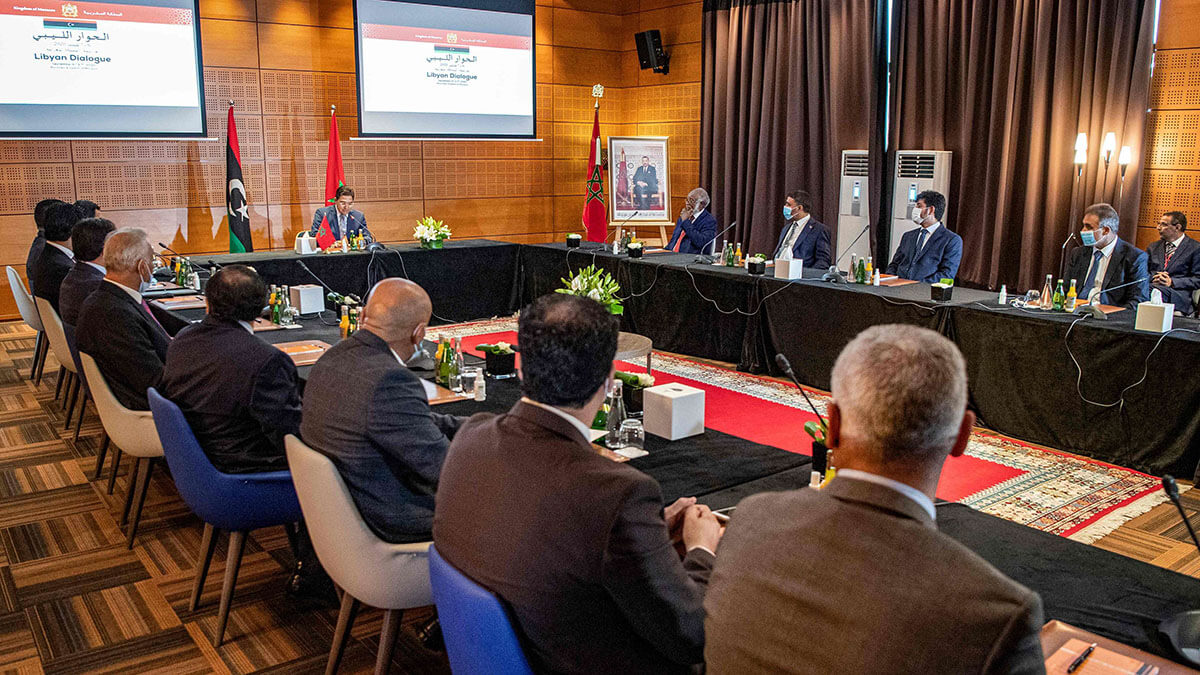
Bourita also referred to the broad regional implications of the Libyan crisis, noting its significant impact on security and stability in North Africa and the Sahel. For this reason, resolving the crisis is not only a national priority for Libya, but also for the region as a whole.
Finally, he stressed the importance of fostering a new momentum to the peace process through collaborative efforts, reinforcing Morocco's role as a key player in promoting stability in the region.
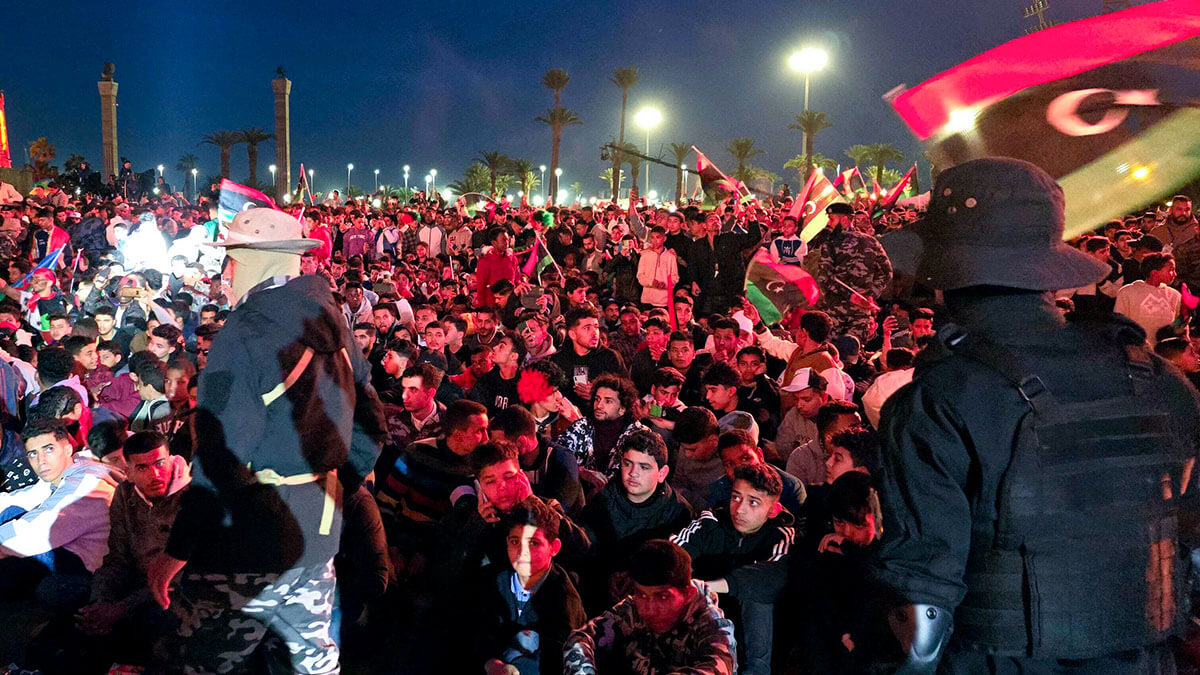
The meeting between Bourita and Khoury comes shortly before a new summit on Libya in Morocco. This meeting will be attended by the President of the Presidential Council, Mohamed Menfi, the President of the House of Representatives, Aguila Saleh and the President of the Council of State, Mohamed Takala. It is scheduled to be held before the end of this month on the basis of the principles agreed at the Cairo meeting to form a new unified government capable of overseeing parliamentary and presidential elections.
Issues high on the summit's agenda include the unification of the state budget by 2024 and the formation of a single government capable of running the country's affairs after free elections.

